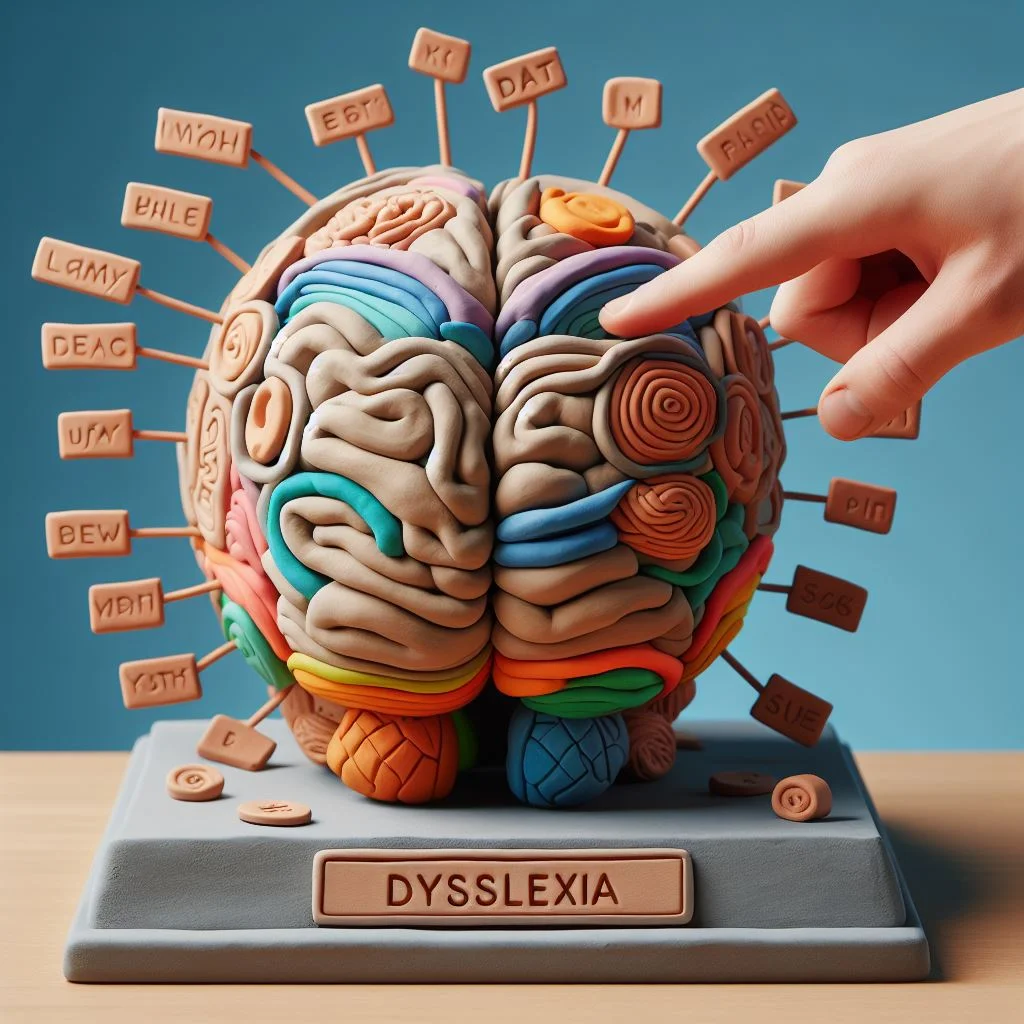Since 2018, Dyslexie Font has collaborated with the HOI Foundation to organize the Dutch Week of Dyslexia every first week of October. Our aim is to alter perceptions of neurodiversity and dyslexia by providing information to dyslexic individuals, parents, children, teachers, and businesses.
DYSLEXIC ABOUT DYSLEXIA
DYSLEXIA AND AI
How a non linear dyslexic thinker and a liniear generator Ai are great team. Give it some time so it saves a lot of time on the end. My personal experience
NEW LIGHT ON DYSLEXIA
What is dyslexia with in the field of neurodiversity. How can I see my dyslexia. In light of research from Helen Taylor at University of Cambridge.
NEURO DIVERSITY
Neurodivergents, those whose neurological development differs from the norm neurotypical, are part of a continuous spectrum.
37 COMMON CHARACTERISTICS OF DYSLEXIA
it's about comprehending oneself and recognizing the pervasive impact dyslexia can have on various aspects of life. By gaining insight into the broader scope of dyslexia, individuals can begin to introspect and take note of its presence in their lives. This awareness serves as a valuable tool, allowing individuals to navigate daily experiences with a heightened understanding of how dyslexia influences their unique strengths and challenges.
VIDEO GAMING CAN HELP WITH DYSLEXIA
The study highlights how action video games (AVGs) can improve phonemic awareness and other reading-related skills in pre-readers at risk for developmental dyslexia (DD).
I MIGHT HAVE DYSLEXIA
Deciding whether to get tested as an adult for dyslexia is a personal choice influenced by individual circumstances and needs.
DYSLEXIA AND SCHOOL
The current method for schools dealing with dyslexic children is the 'wait-to-fail' model, which often leaves students with low self-esteem, negative learning experiences, and shame.
DYSLEXIA FONT
History of legibility of serif and sans serif typefaces and development of dyslexic fonts.
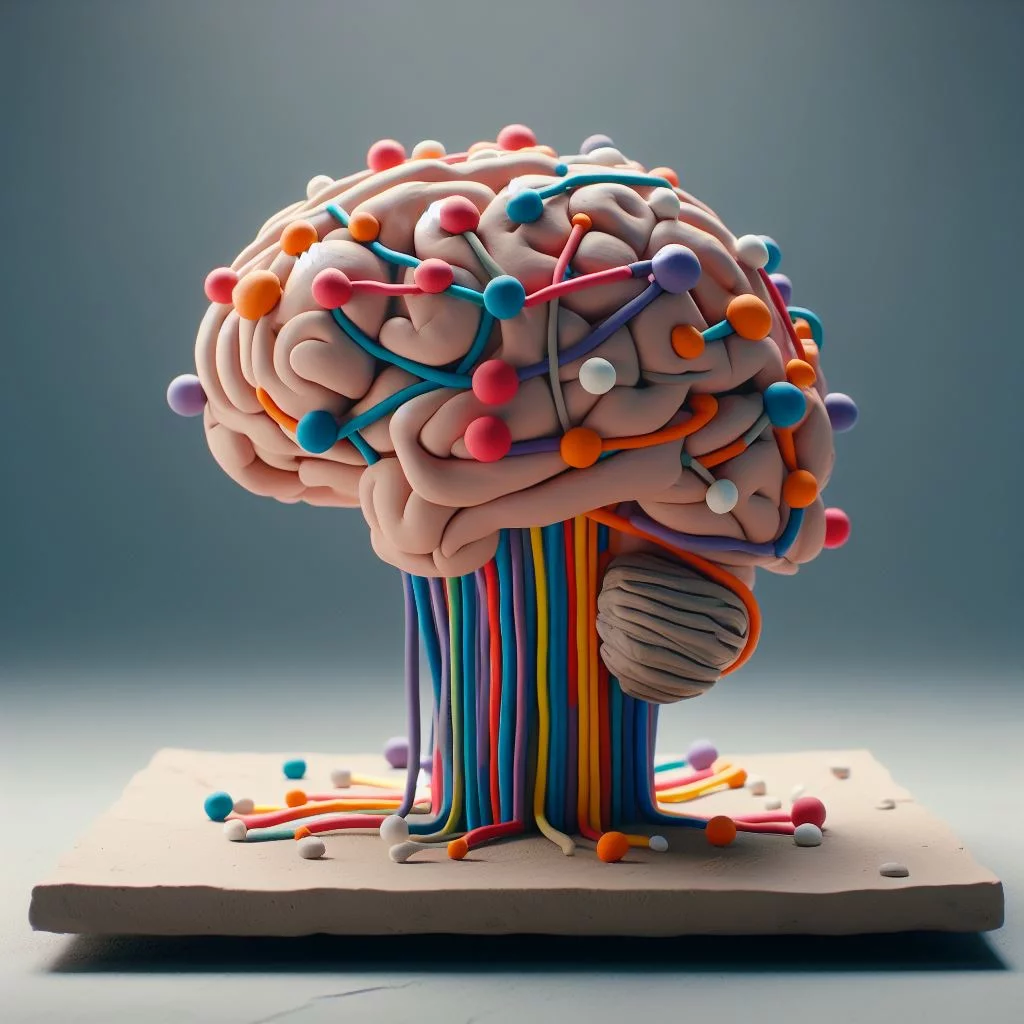
WHAT IS DYSLEXIA
Dyslexia is a form of neurodiversity in which individuals generally struggle with reading, writing, spelling, and text comprehension, as well as verbal expression. Having dyslexia is not an indication of low intelligence or laziness. It is a difference in the way the brain functions.

WHAT CAUSES DYSLEXIA?
Dyslexia symptoms might be difficult to spot before your child starts school, but several early warning signs may suggest a problem. Your child’s teacher may be the first to identify a problem once your child enters school age. The severity of the issue varies, but it usually becomes obvious when a child begins to learn to read.
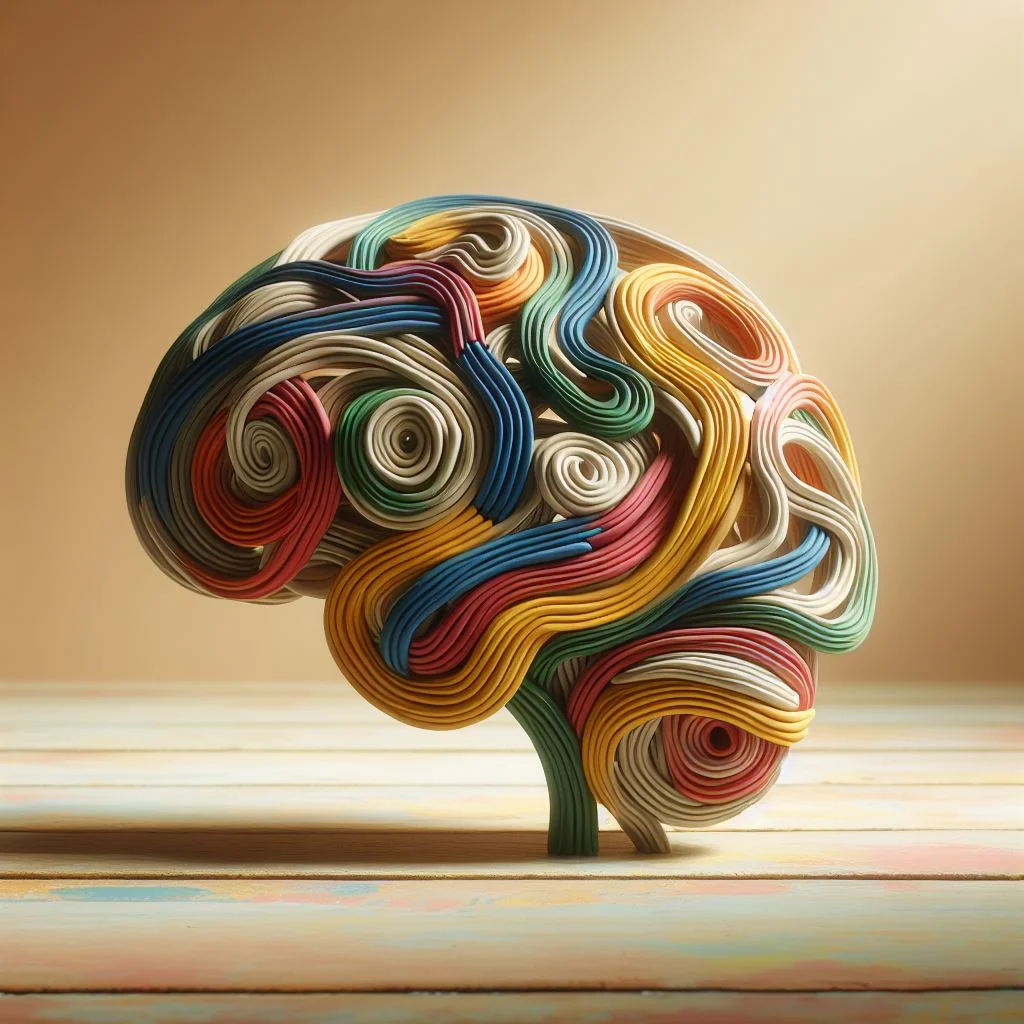
CAN YOU DEVELOP DYSLEXIA?
Dyslexia, is approximately 99% of cases, dyslexia is a condition that individuals are born with, inheriting specific genetic variations from their parents, much like the color of their hair.
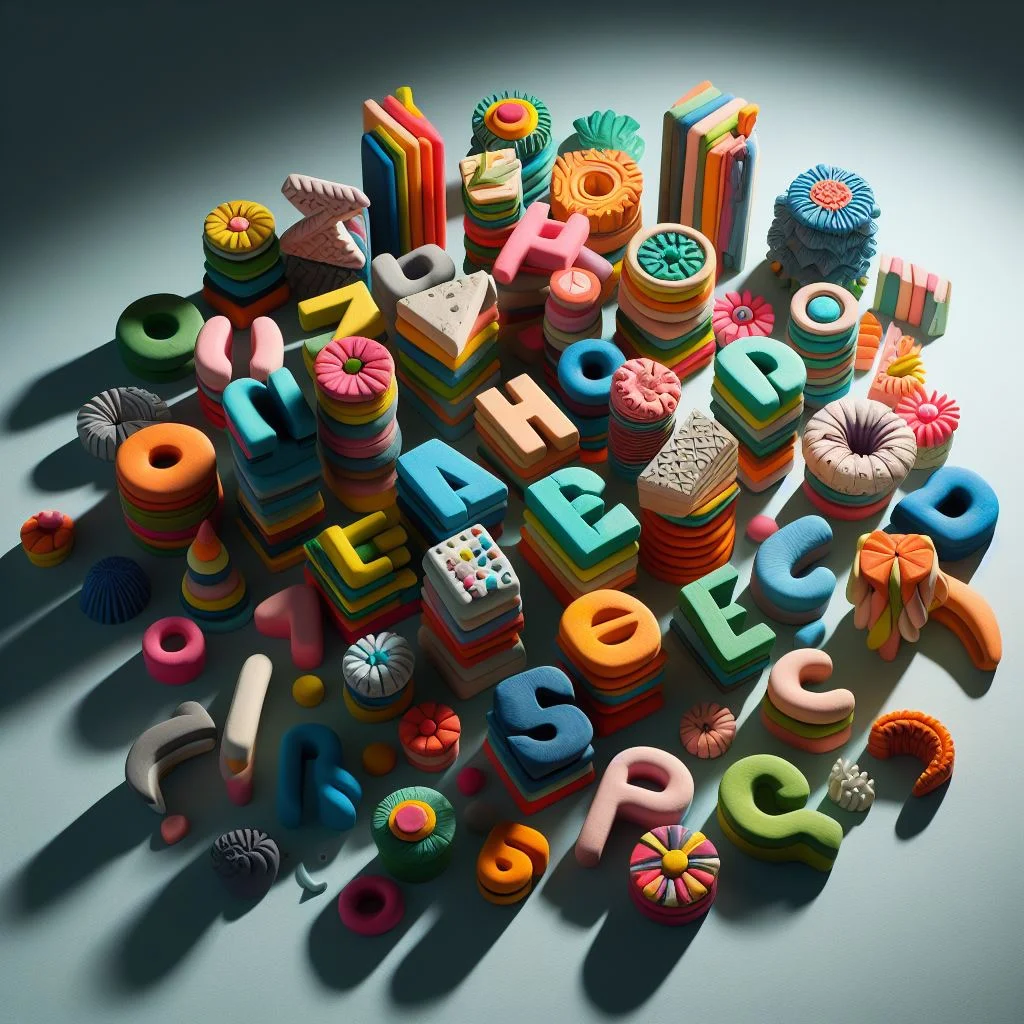
THE SYMPTOMS OF DYSLEXIA?
Identifying the symptoms of dyslexia in children, adolescents, and adults is crucial for early intervention and support. While it may be challenging to spot these signs before a child begins school, being aware of the indicators can help parents and educators provide the necessary assistance.

WHAT DYSLEXIA LOOKS LIKE
Contrary to popular belief, dyslexia is not a visual problem but rather a challenge in how the brain interprets letters, words, and sentences. This article aims to shed light on the unique characteristics of dyslexic reading experiences, moving beyond the visual aspects often misconstrued by neurotypical individuals.
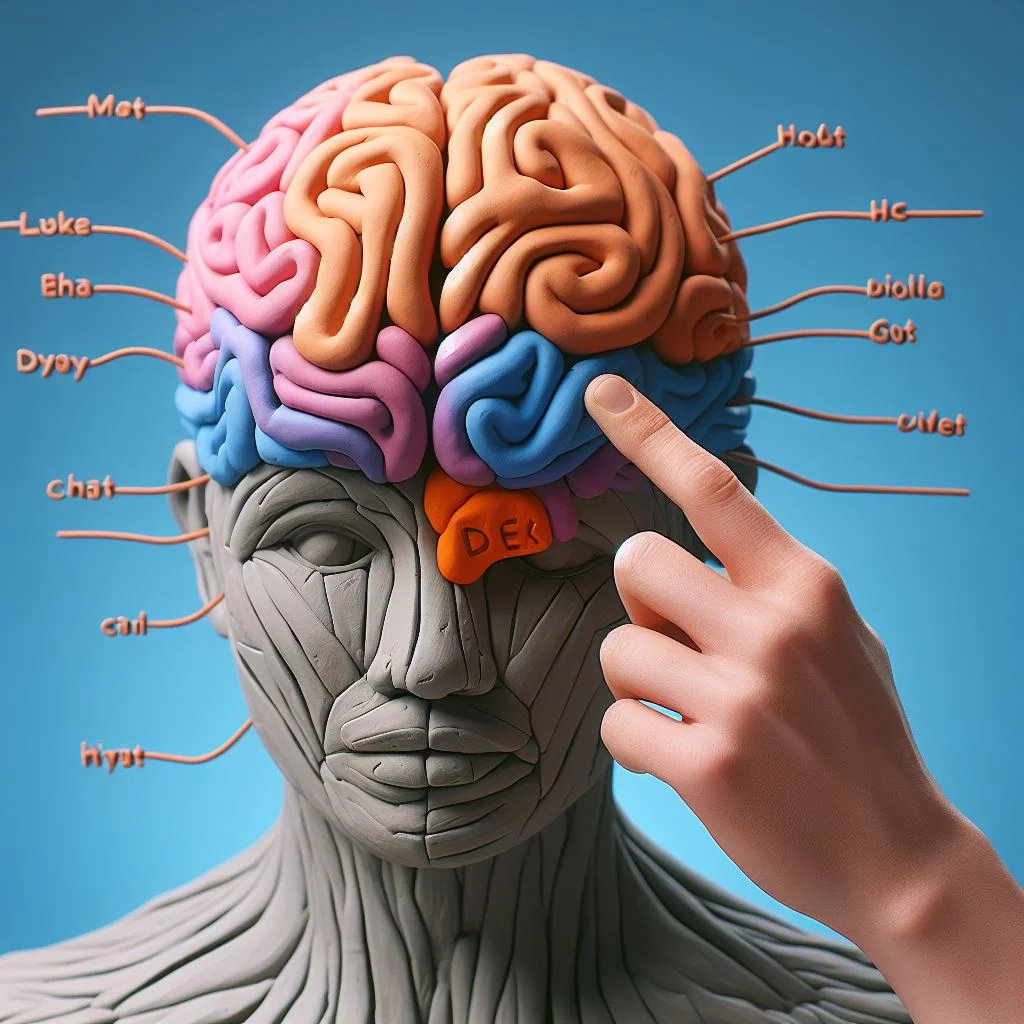
IS DYSLEXIA A LEARNING DISABILITY
Dyslexia is influenced by genetic and environmental factors. It tends to run in families, and some genes have been linked to dyslexia. However, not everyone who inherits these genes will develop dyslexia, and not everyone who has dyslexia has these genes.

DOES DYSLEXIA AFFECT SPEECH
Dyslexia indeed affects speech, it manifests on two levels. Firstly, the limited size of your vocabulary becomes evident. Secondly, instead of relying solely on words, dyslexic individuals often think in images or moving images at a rapid pace, allowing them to have an overarching view of a situation within their minds. This unique thinking style makes it challenging to convey ideas.

EARLIER DIAGNOSIS OF DYSLEXIA
The timely detection of dyslexia in children is crucial for their educational development and overall well-being. Early diagnosis not only enables effective intervention strategies but also prevents the potential damage to a child’s self-esteem.

CAN DYSLEXIA BE CURED?
The idea of curing dyslexia may be seen as somewhat hurtful, as dyslexia is not an error of nature but rather a part of neurodiversity. A study by Helen Taylor at the University of Cambridge suggests that dyslexia is not a flaw, but rather a survival strategy within society. It’s essential to view dyslexia as part of the diversity of human experiences, rather than a condition that needs to be “cured.”
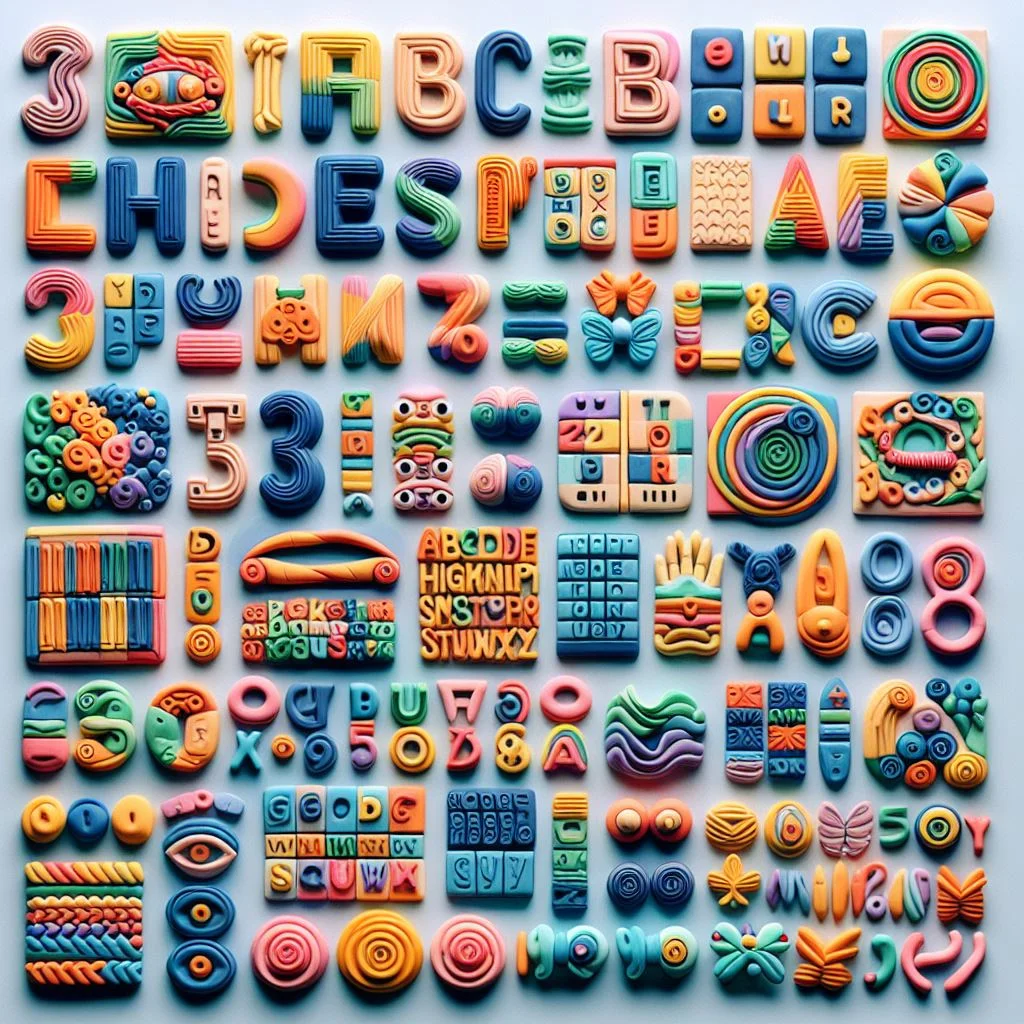
HOW TO TEST DYSLEXIA
Dyslexia, a neurodiversity often associated solely with reading and writing, cannot solely be attributed to difficulties in language proficiency. Just as varying skills in playing the piano, challenges in reading can arise from diverse factors.
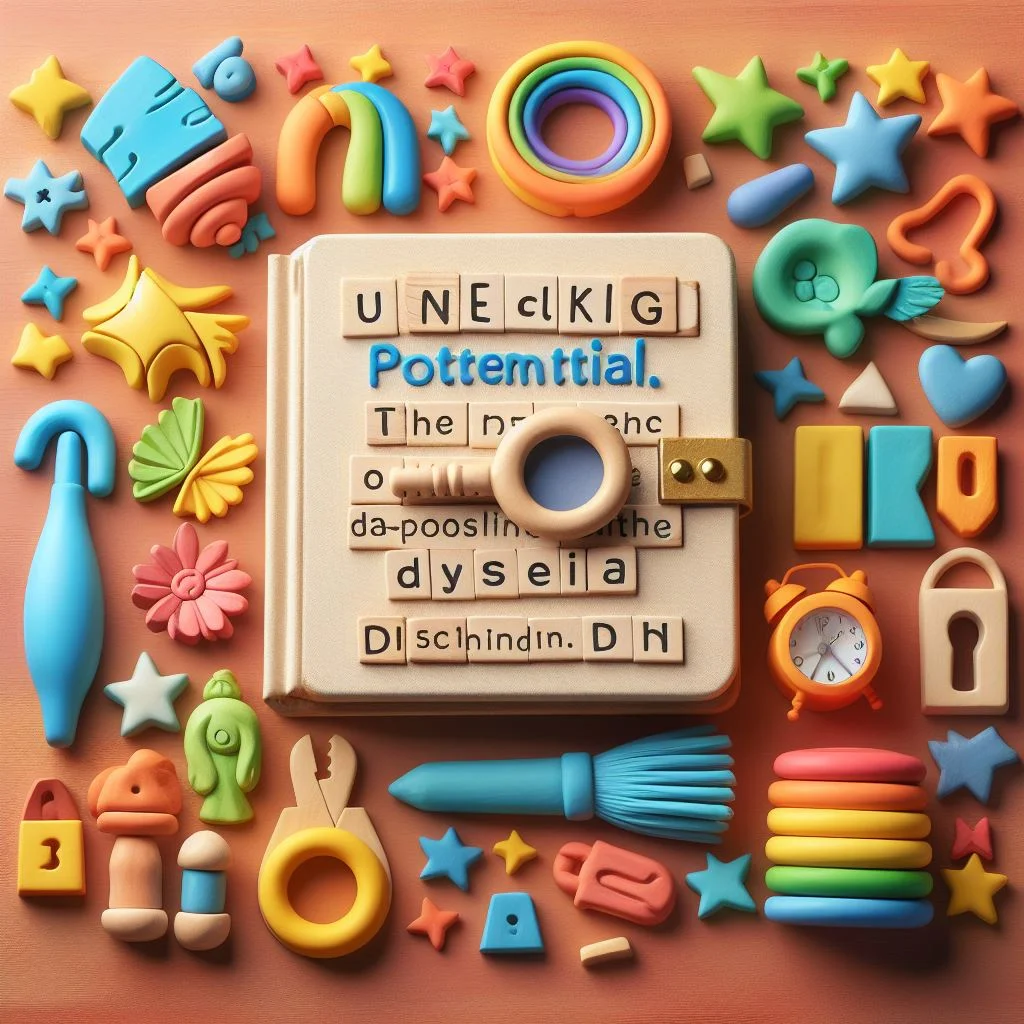
DYSLEXIA SIGNS
Dyslexia symptoms may not be evident before a child starts school, but early signs can indicate a problem. Teachers often notice issues once the child begins school, especially when learning to read.
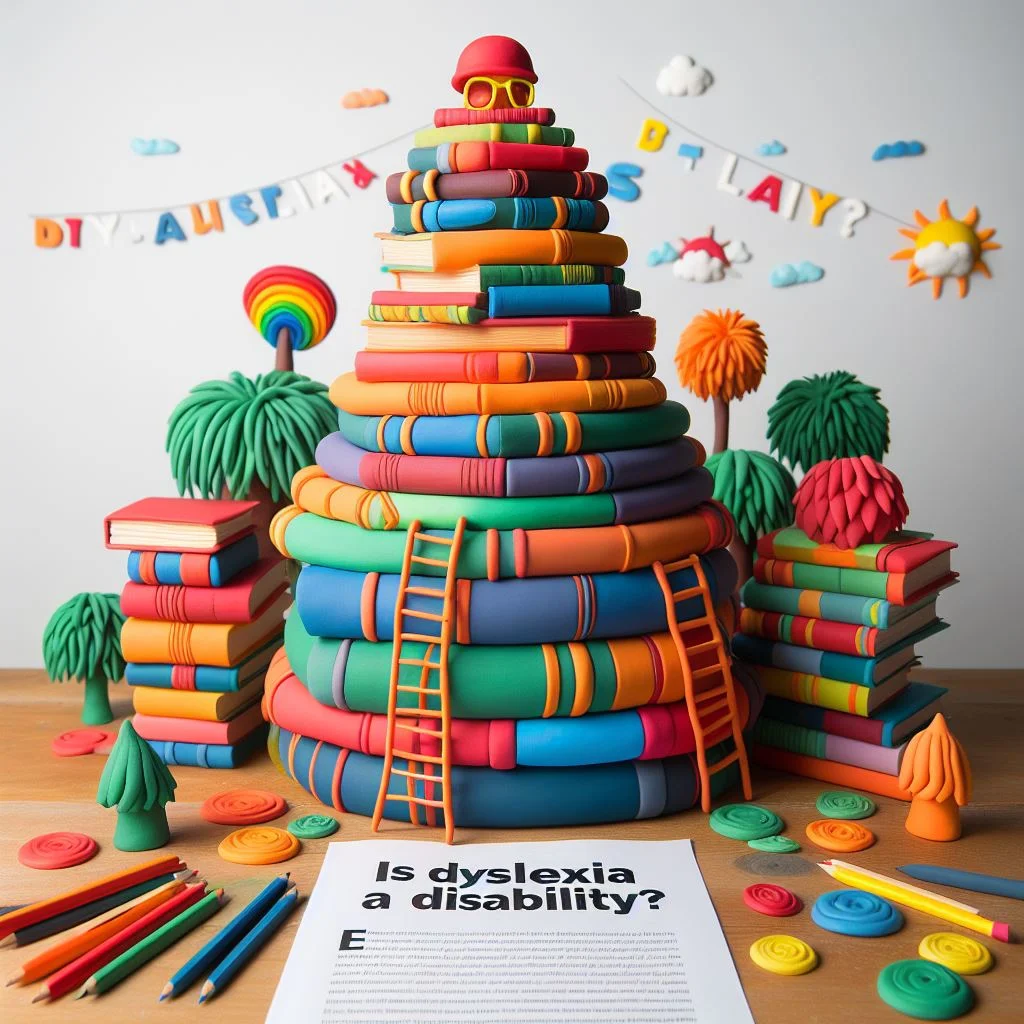
IS DYSLEXIA A DISABILITY
In a world where dyslexia is often labeled as a disability, its true nature extends far beyond such narrow definitions. This article delves into the complexities of dyslexia, challenging common perceptions and highlighting its diverse dimensions as both a challenge and a source of unique abilities.
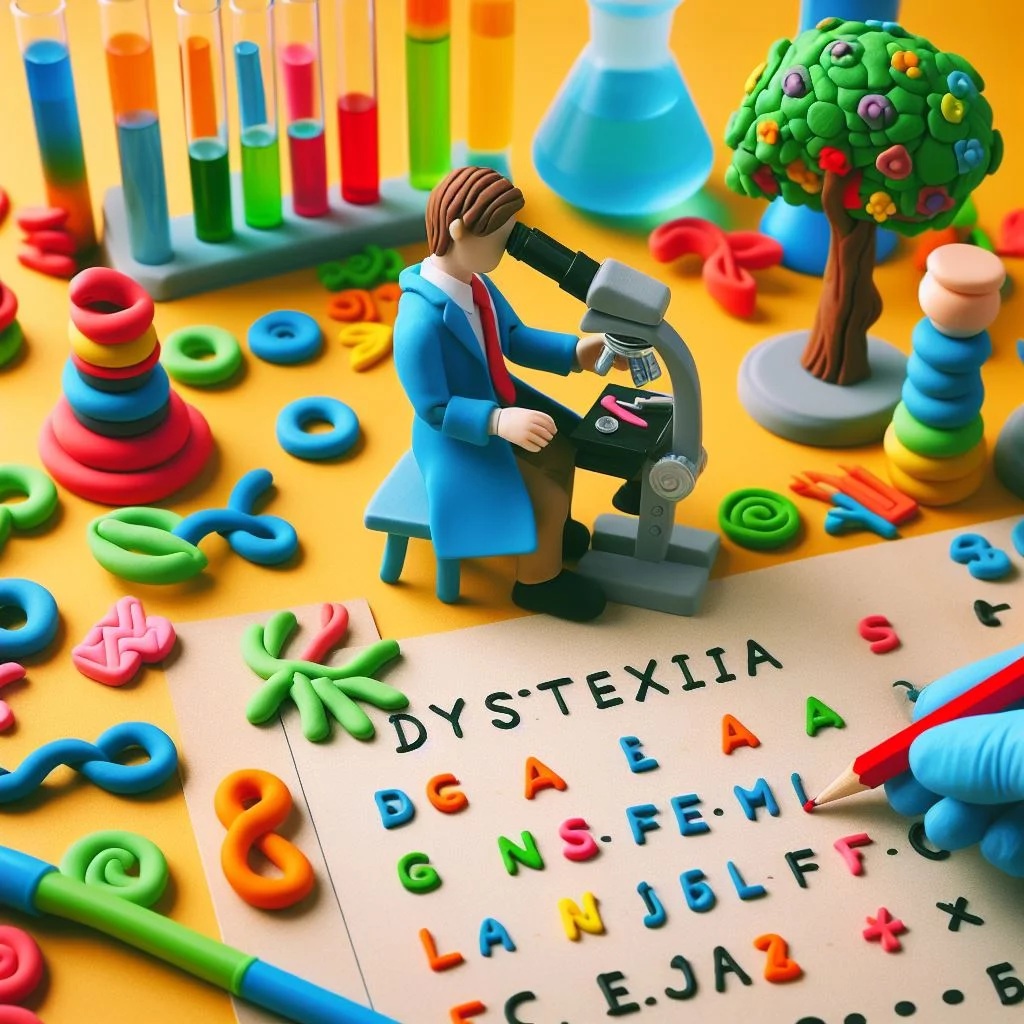
IS DYSLEXIA GENETIC?
Yes, dyslexia has a genetic component. Research suggests that heredity plays a significant role in the development of dyslexia.

HOW TO KNOW IF YOU ARE DYSLEXIC?
Many adults who have struggled with reading throughout their lives may wonder if they are dyslexic, especially considering the challenges it poses in academic, professional, and personal contexts.
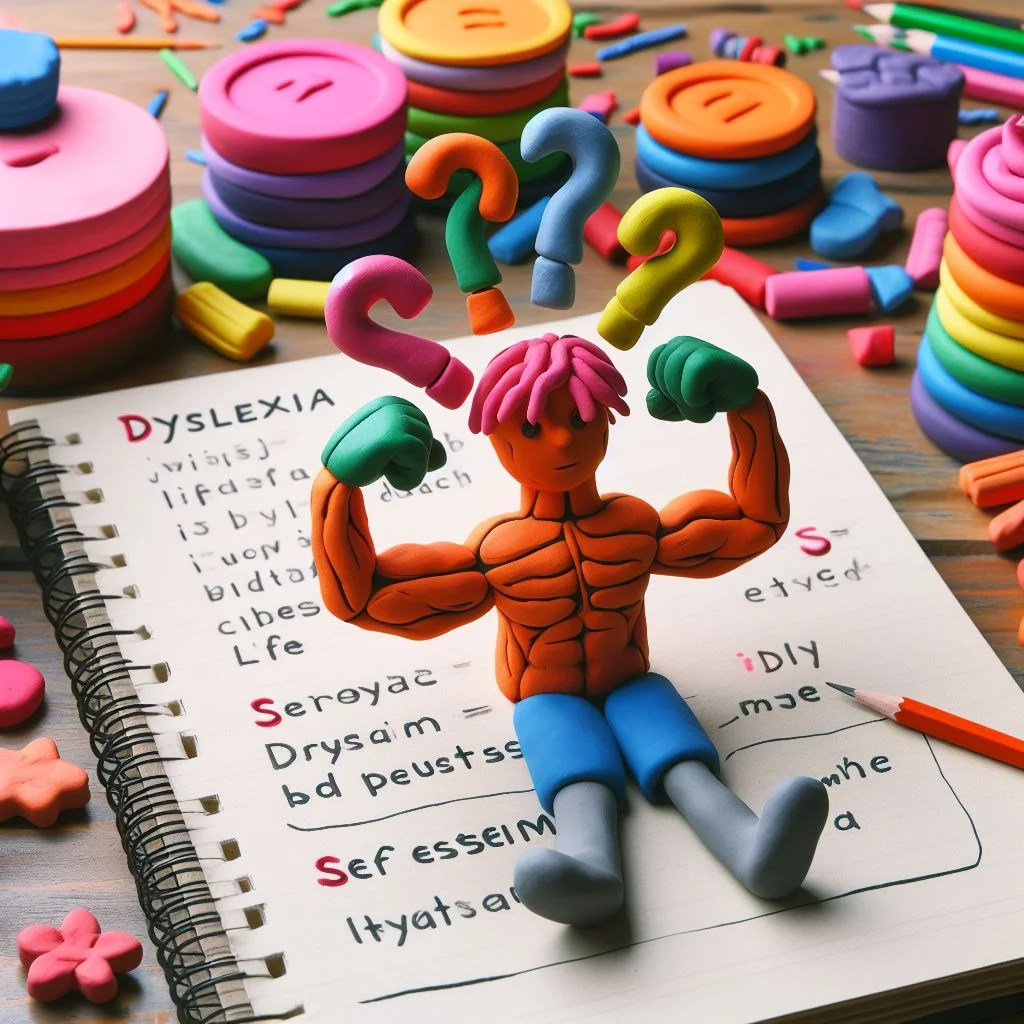
WHAT ARE THE EFFECTS OF DYSLEXIA?
Contrary to common misconceptions, its impact extends far beyond academic or professional settings.
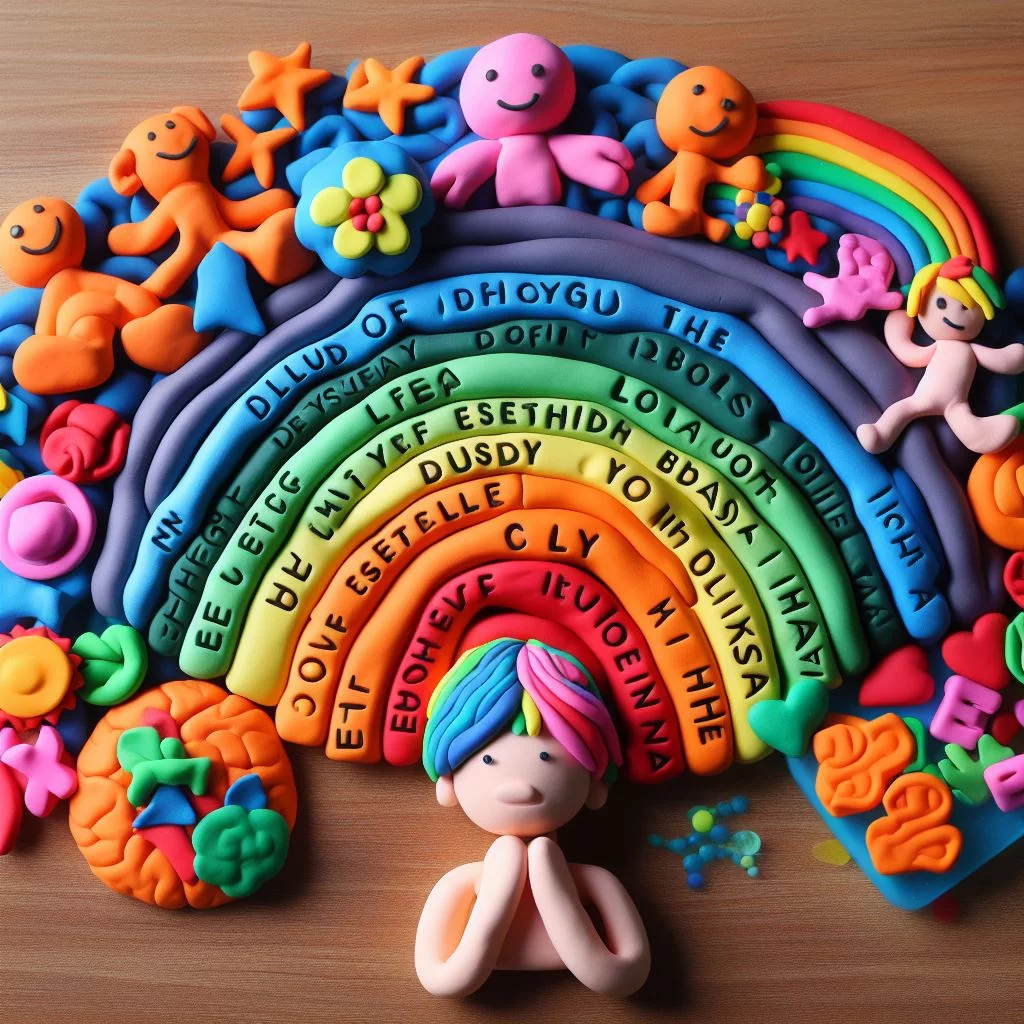
DO I HAVE DYSLEXIA?
Despite its prevalence, misconceptions about dyslexia persist, with many individuals unsure whether they are affected by it. Here, we delve into common questions surrounding dyslexia to shed light on its symptoms, effects
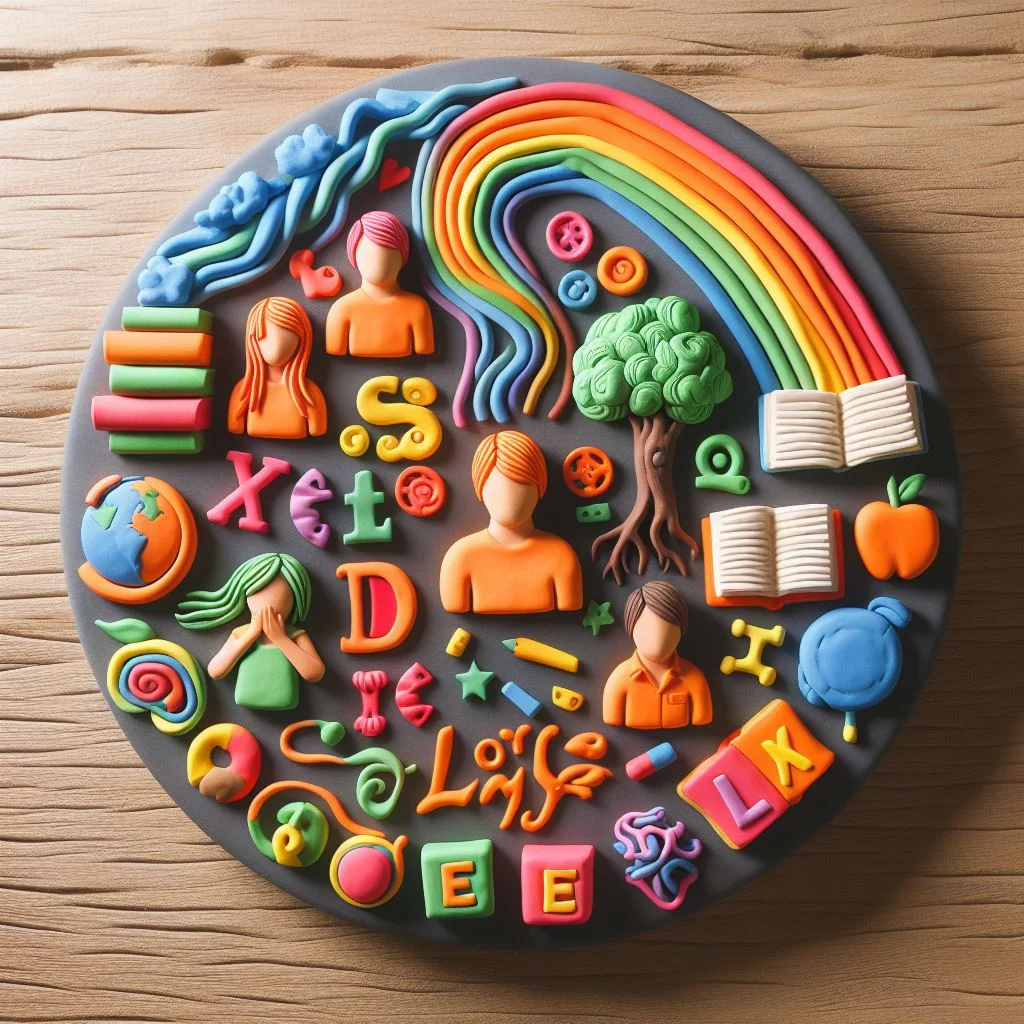
WHAT DOES DYSLEXIA MEAN?
Dyslexia is often trivialized to just reading and writing and misunderstood, leading to misconceptions about its nature and impact.

CAN PEOPLE WITH DYSLEXIA LEARN TO READ?
Yes, of course, individuals with dyslexia can read. However, it’s essential to acknowledge that their journey through reading might be different from neurotypical individuals.
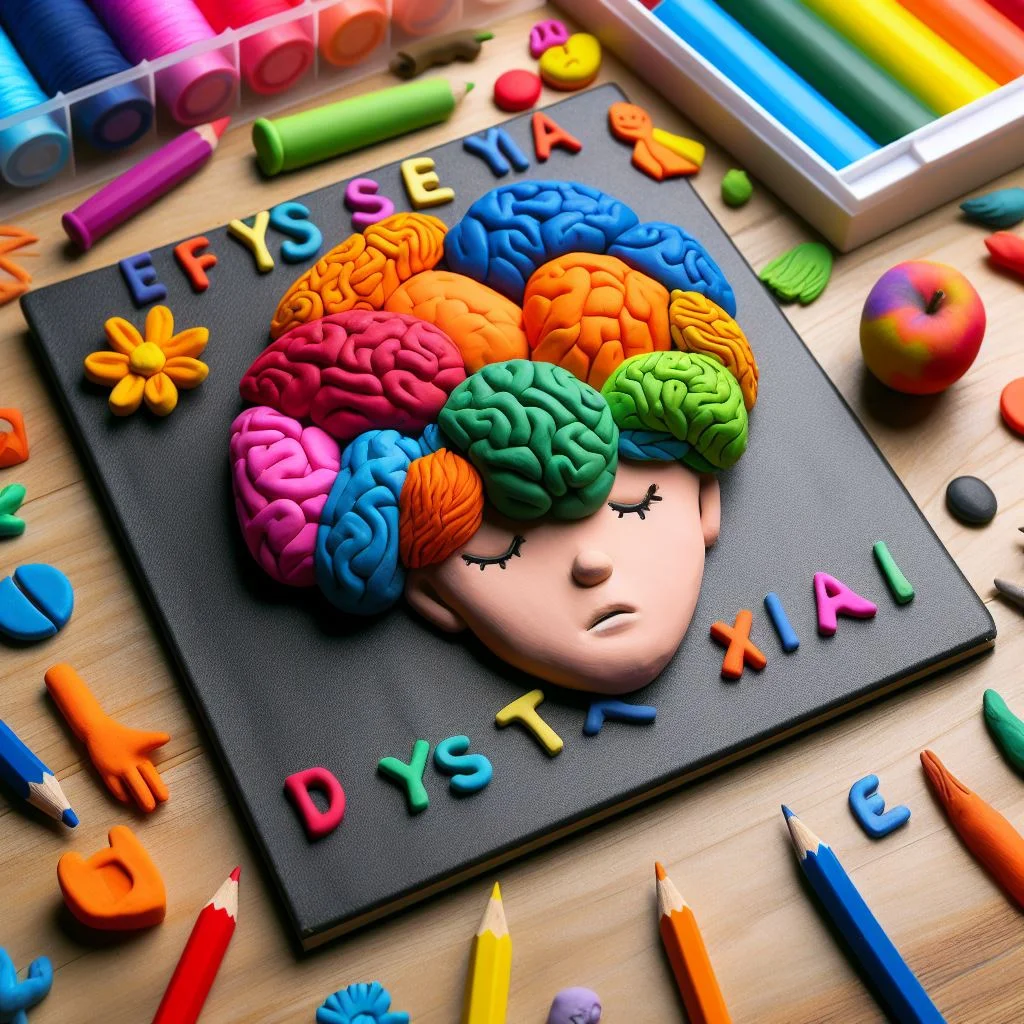
HOW DO PEOPLE GET DYSLEXIA?
Researchers have identified a strong genetic component in dyslexia. Individuals with dyslexia often have family members who also experience difficulties with reading and language processing.







